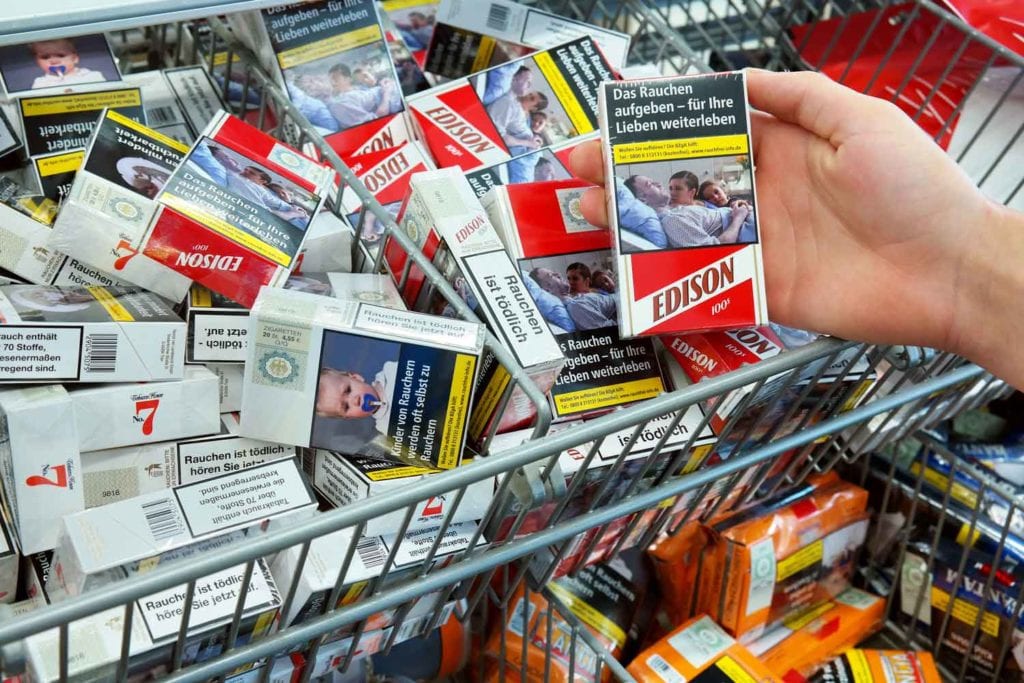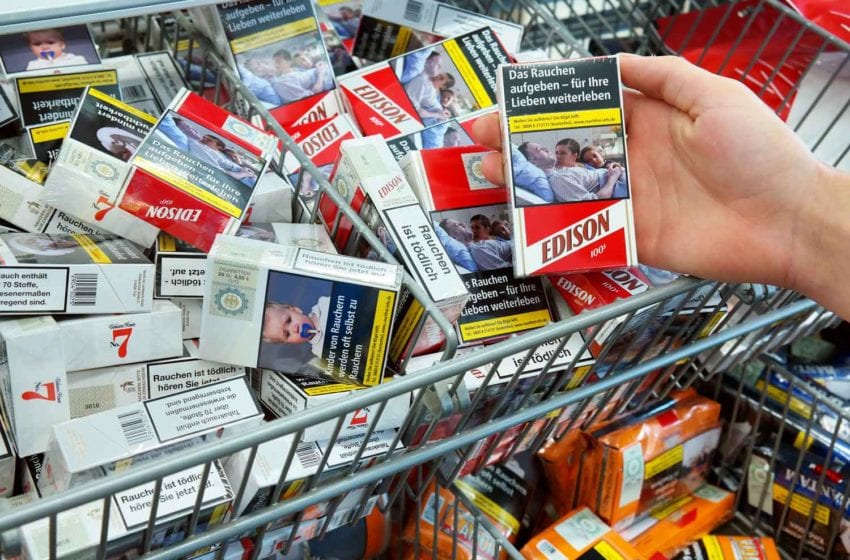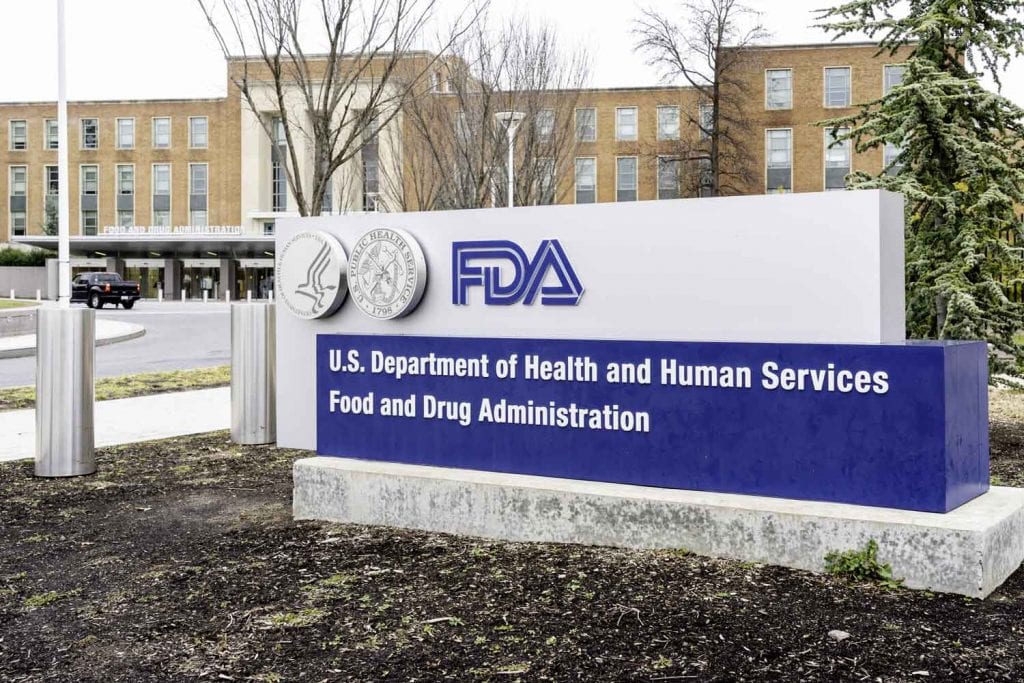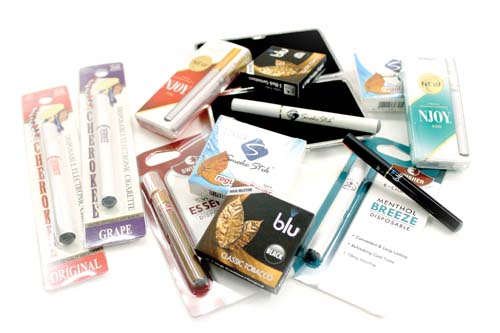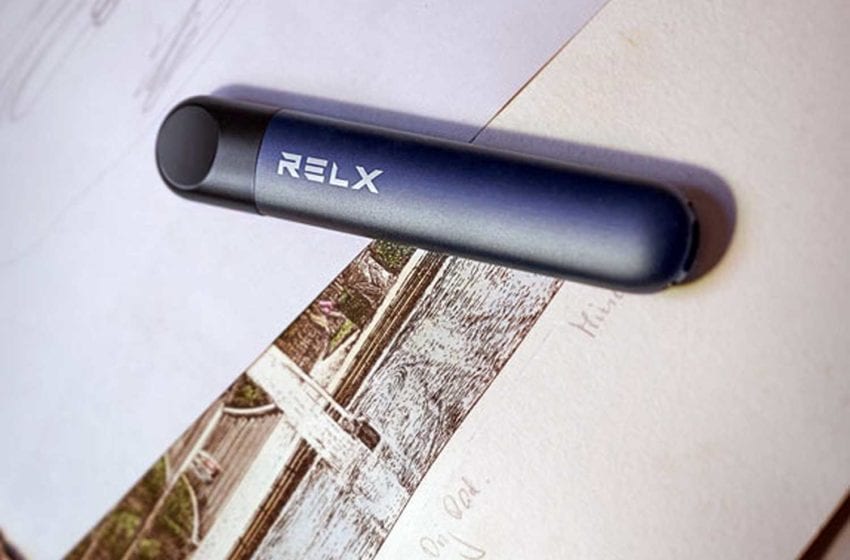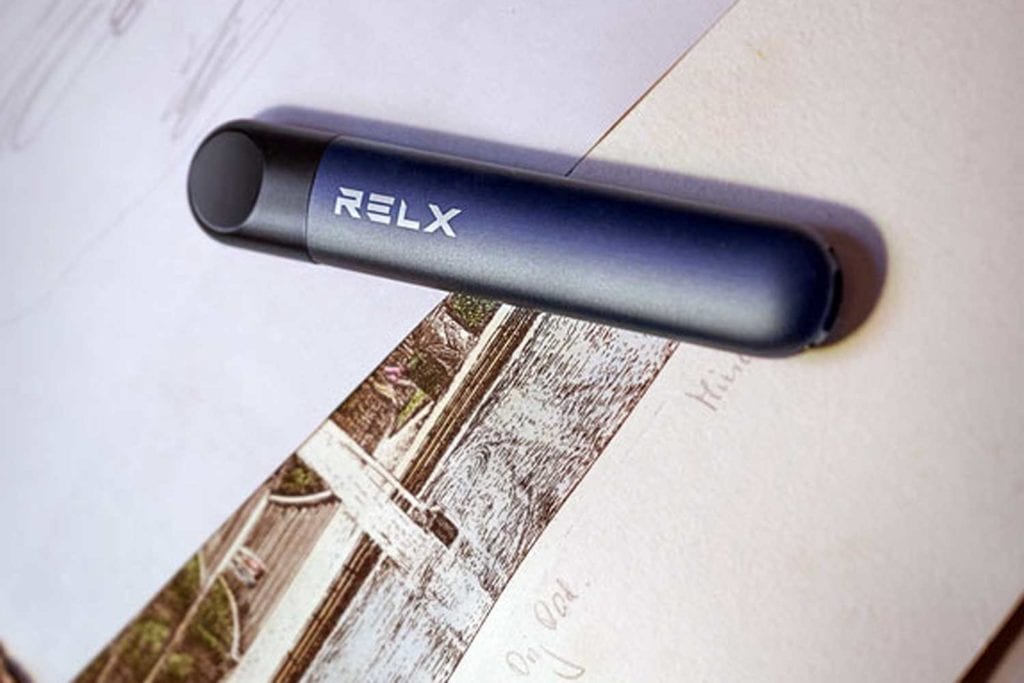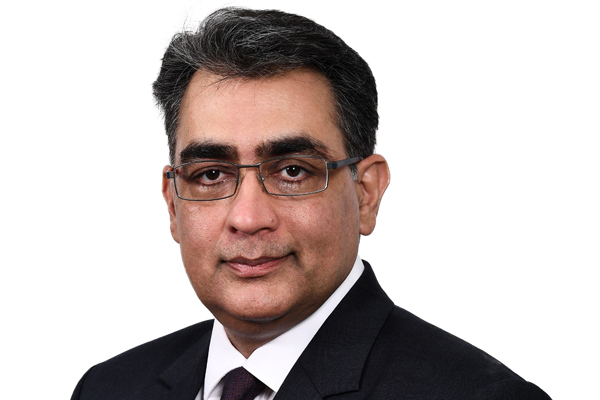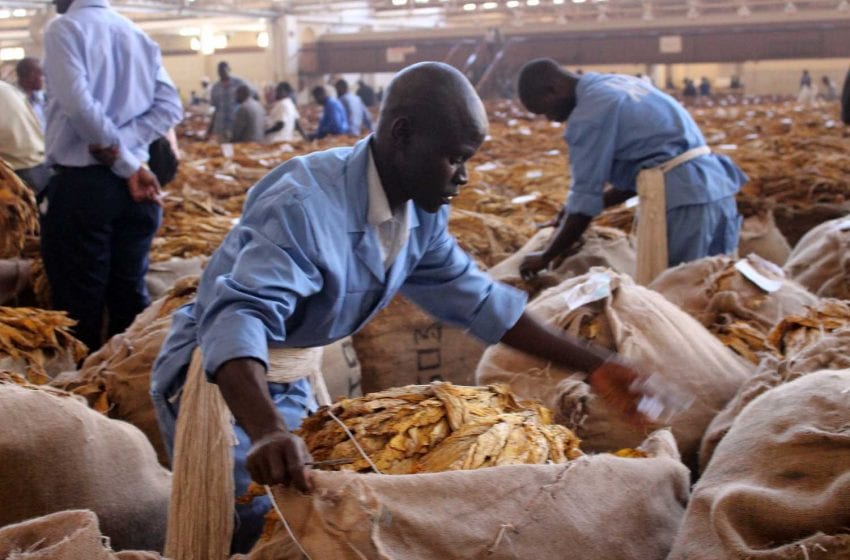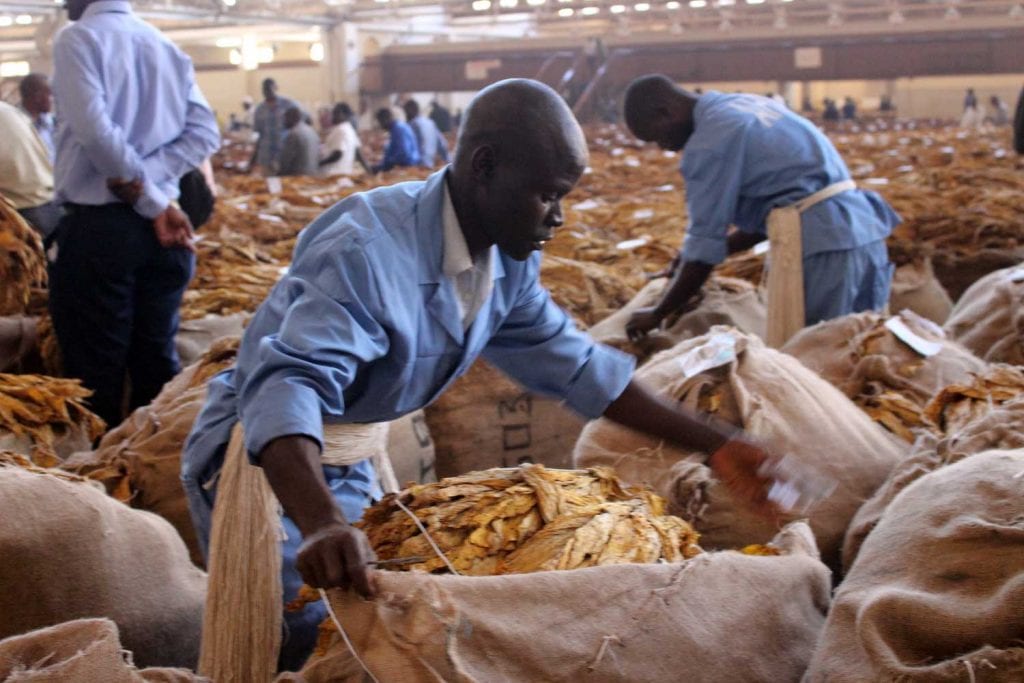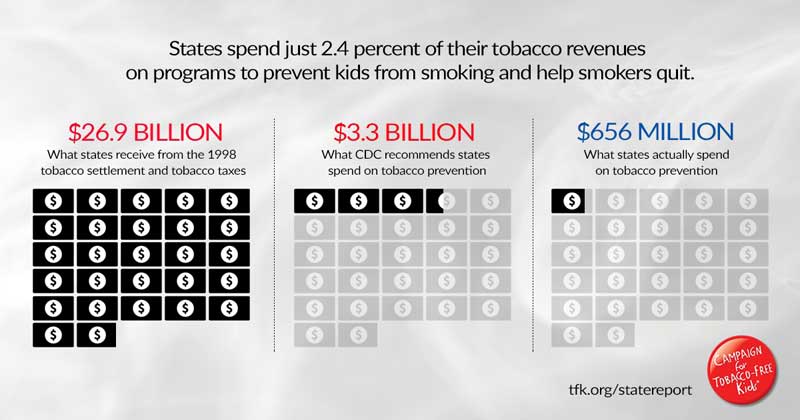The National Crime Prevention Council (NCPC) and National Intellectual Property Rights Coordination Center (IPRC) in the U.S. have released an innovative toolkit as part of their nationwide campaign to raise awareness on the dangers of black-market vapor products and empower law enforcement and adult community leaders to prevent and enforce against these illicit activities.
The IPRC and NCPC launched this public-private partnership, with the support of Juul Labs, in October 2019, seeking to raise awareness on the consequences of illicit vapor products, with the objective of delivering tools and resources to communities grappling with this critical issue across the country. Now, the IPRC and NCPC have expanded upon this initiative by providing law enforcement and other key stakeholders with a toolkit that will aid in their efforts to educate and mobilize their communities against this dangerous illicit trade.
The toolkit is a comprehensive resource that details the various forms of illicit vapor products, such counterfeit, compatible and diverted products, and teaches the community how to spot such products. It also contains broader educational resources, along with strategies on how best to elevate these vital messages through social media, community events and meetings, and in cooperation with local businesses.
According to Juul, Illicit vapor products present a number of public health, economic and security consequences. Critically, they undermine underage-prevention measures because of their ease of access and may present additional health and safety risks for adult consumers given that they often are produced in unsanitary conditions without manufacturing and quality controls and lack ingredient testing and product characterization. They also may contain harmful chemicals not present in other, authentic products.
As part of this campaign, and with the support of IPRC, NCPC will leverage its vast, nationwide network to get this toolkit into the hands of law enforcement, trade partners, and other adult community leaders.
“It is imperative that we continue to partner across stakeholders, including law enforcement, to address the illicit market of vapor products,” Juul wrote in a statement. “Supporting public-private partnerships like the IPRC/NCPC initiative is one way we can actively fight back against illicit trade of vapor products. By empowering stakeholders through awareness and education, we can address the illicit trade of vapor products and foster a more responsible marketplace for the category.”
